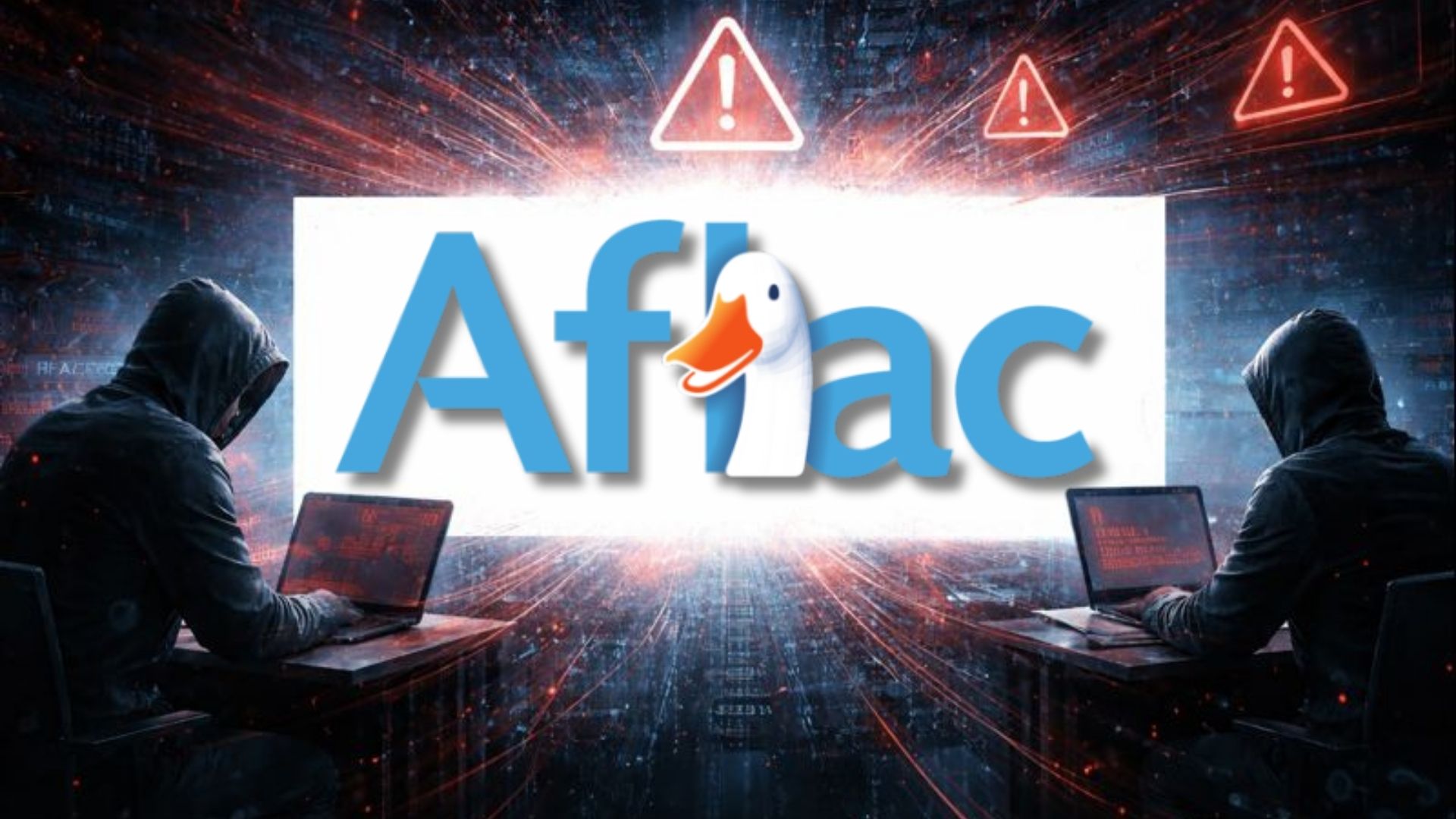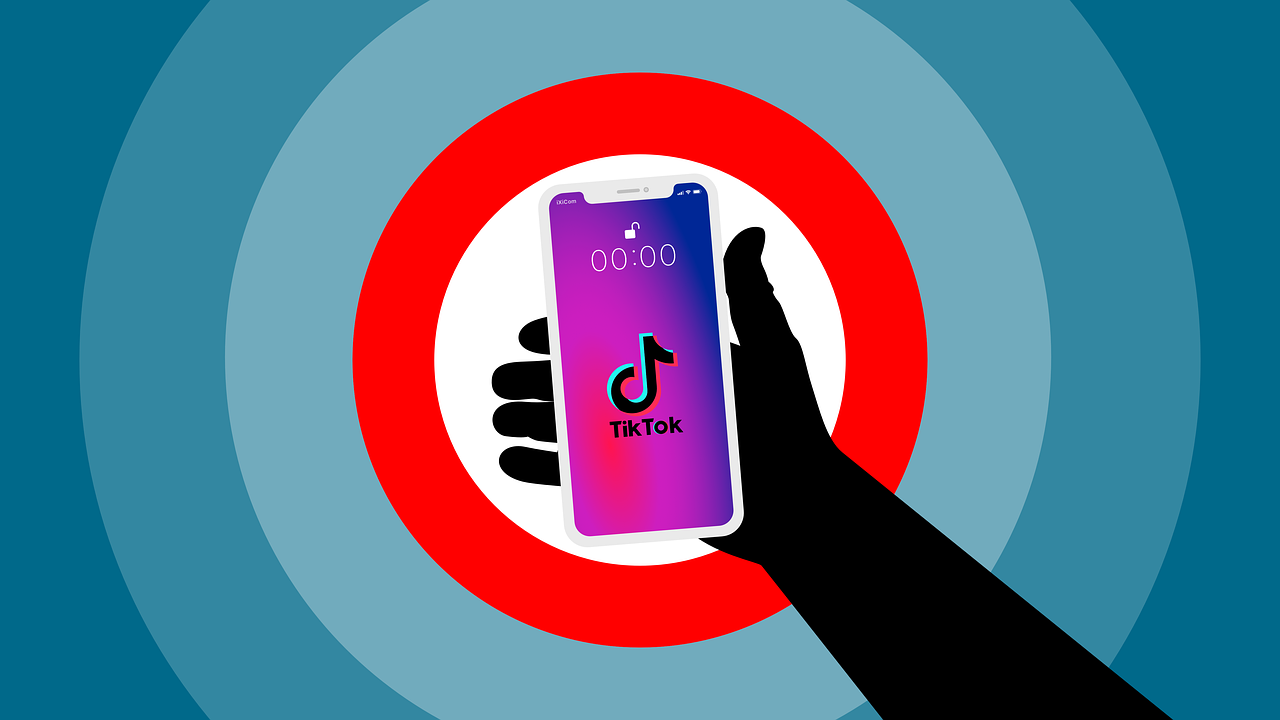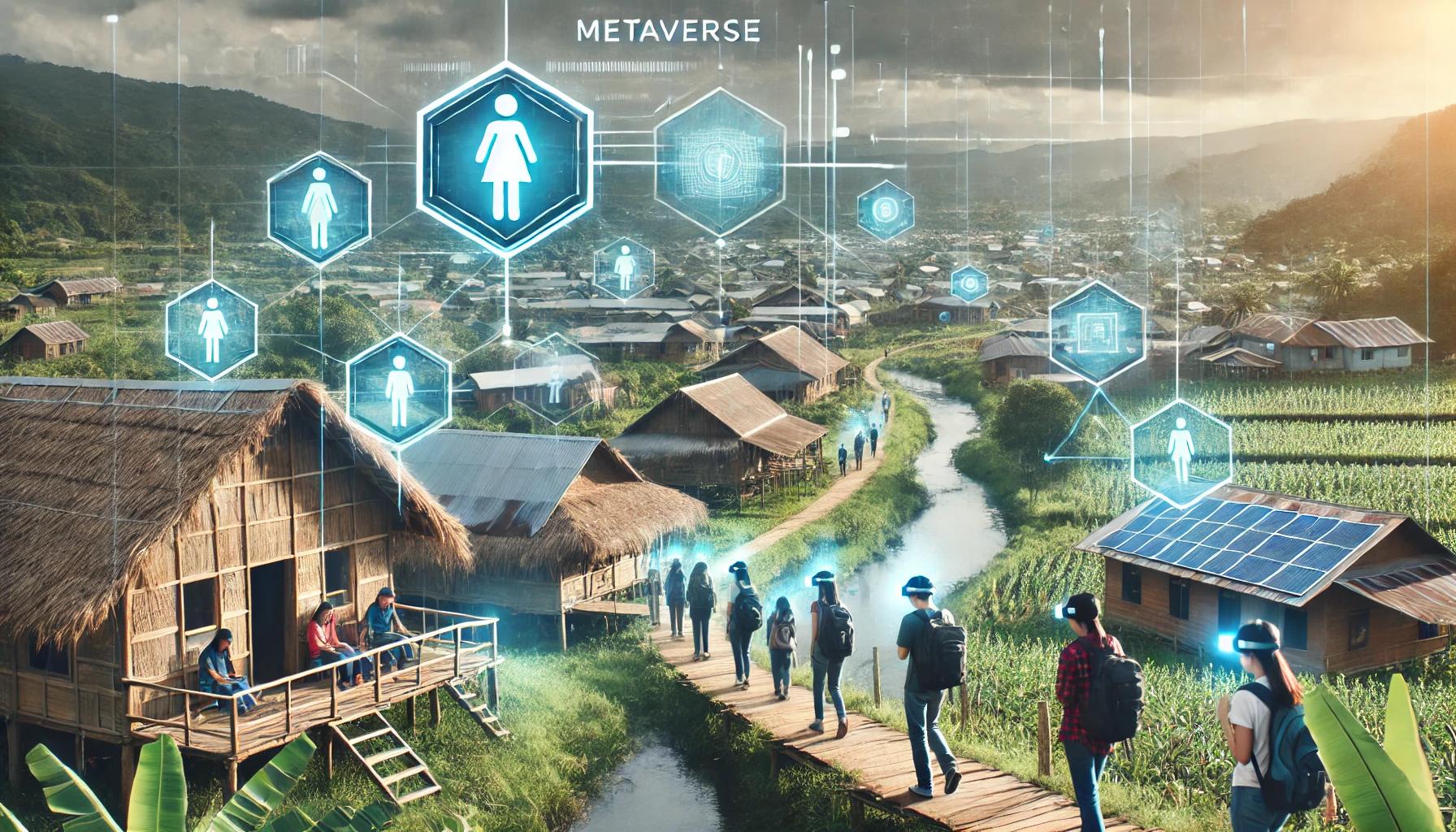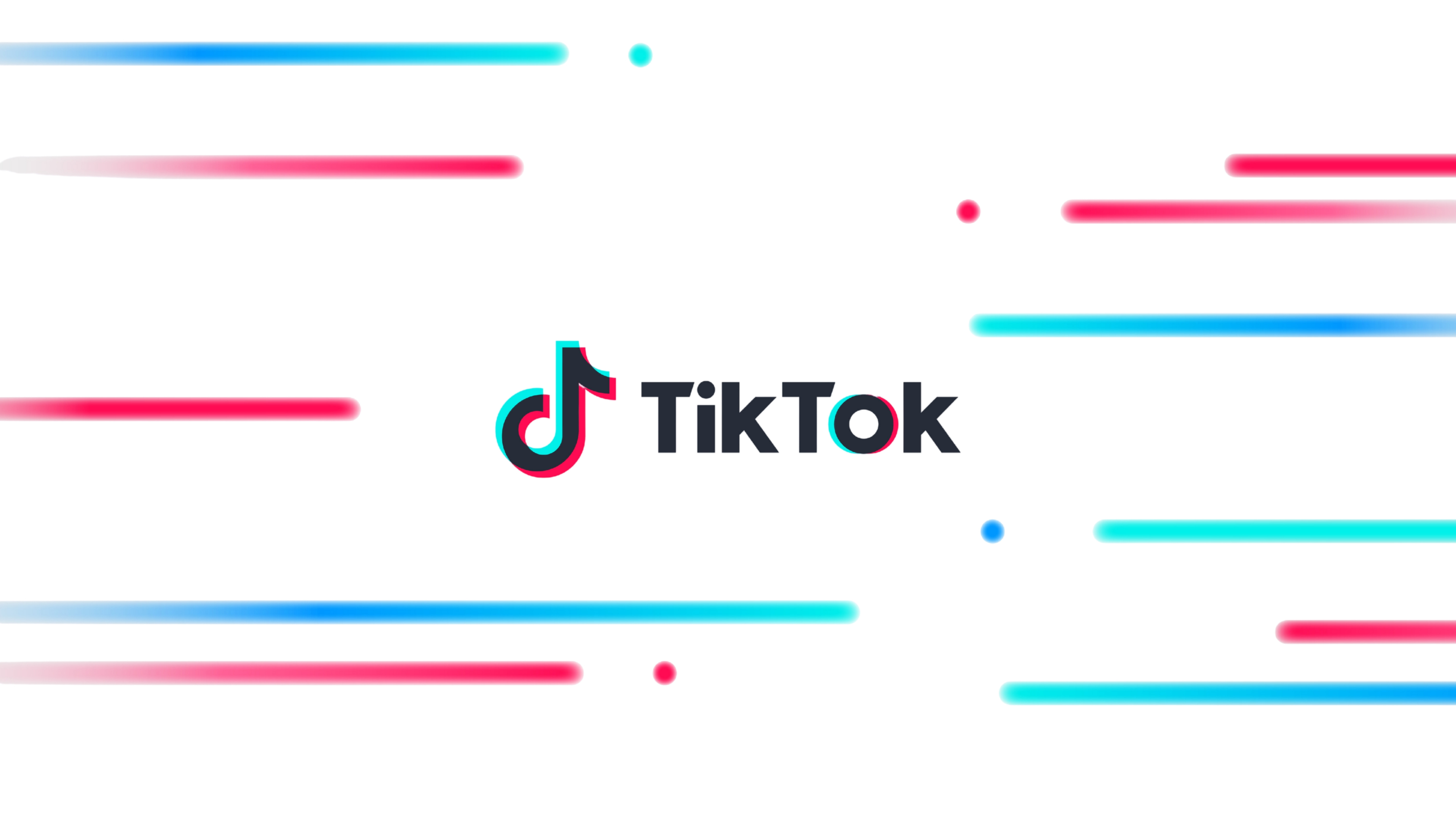AI continued to dominate public debate in 2025, not only through new products and investment rounds, but also through a rapidly evolving vocabulary that captured both promise and unease.
From ambitious visions of superintelligence to cultural shorthand like ‘slop’, language became a lens through which society processed another turbulent year for AI.
Several terms reflected the industry’s technical ambitions. Concepts such as superintelligence, reasoning models, world models and physical intelligence pointed to efforts to push AI beyond text generation towards deeper problem-solving and real-world interaction.
Developments by companies including Meta, OpenAI, DeepSeek and Google DeepMind reinforced the sense that scale, efficiency and new training approaches are now competing pathways to progress, rather than sheer computing power alone.
Other expressions highlighted growing social and economic tensions. Words like hyperscalers, bubble and distillation entered mainstream debate as data centres expanded, valuations rose, and cheaper model-building methods disrupted established players.
At the same time, legal and ethical debates intensified around fair use, chatbot behaviour and the psychological impact of prolonged AI interaction, underscoring the gap between innovation speed and regulatory clarity.
Cultural reactions also influenced the development of the AI lexicon. Terms such as vibe coding, agentic and sycophancy revealed how generative systems are reshaping work, creativity and user trust, while ‘slop’ emerged as a blunt critique of low-quality, AI-generated content flooding online spaces.
Together, these phrases chart a year in which AI moved further into everyday life, leaving society to wrestle with what should be encouraged, controlled or questioned.
Would you like to learn more about AI, tech and digital diplomacy? If so, ask our Diplo chatbot!









